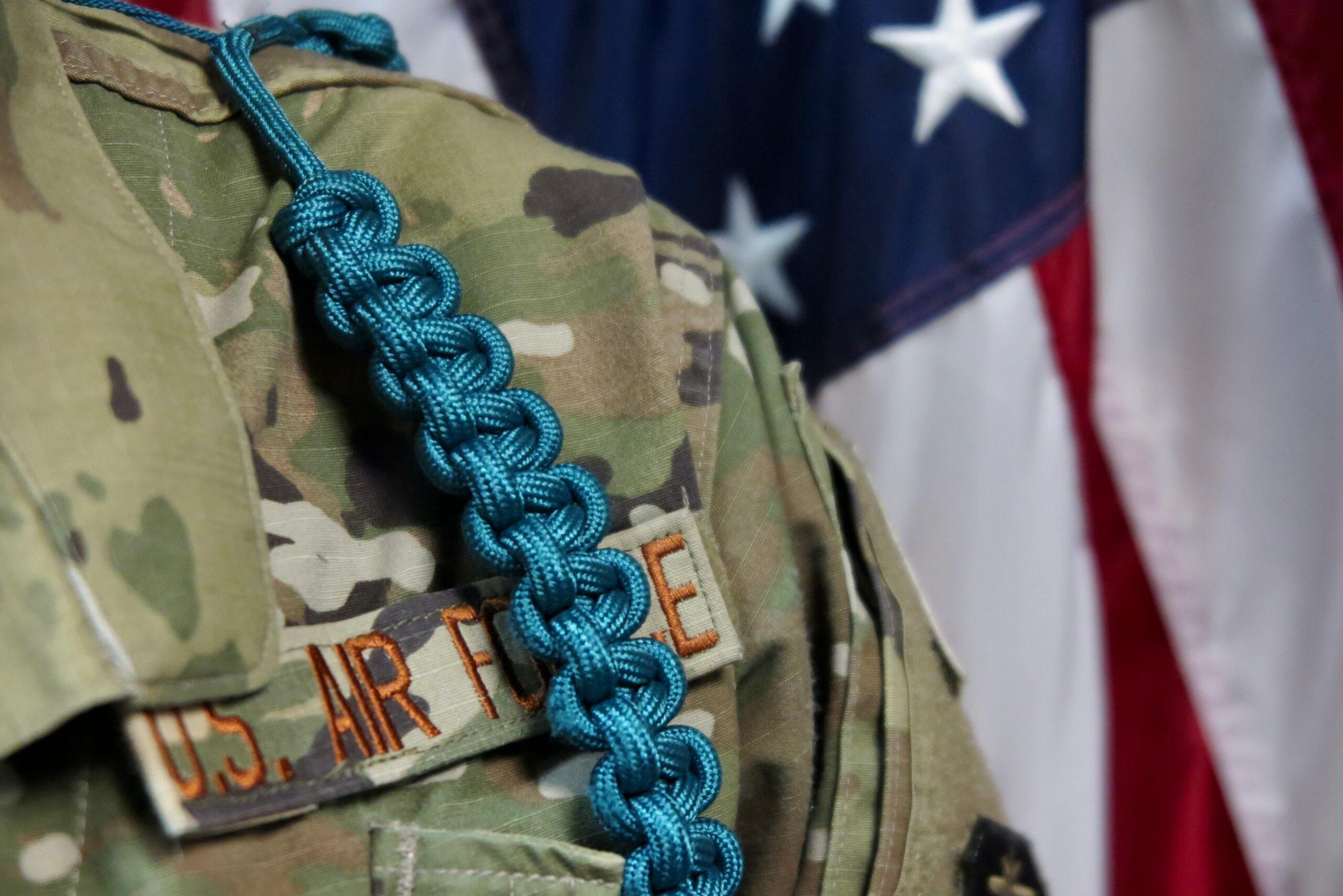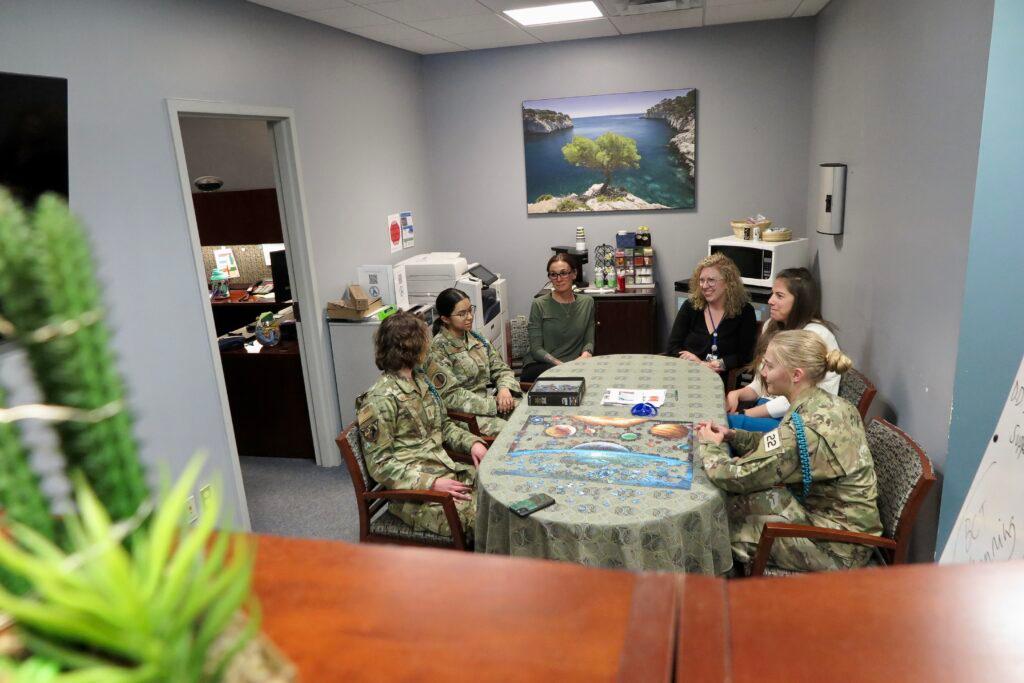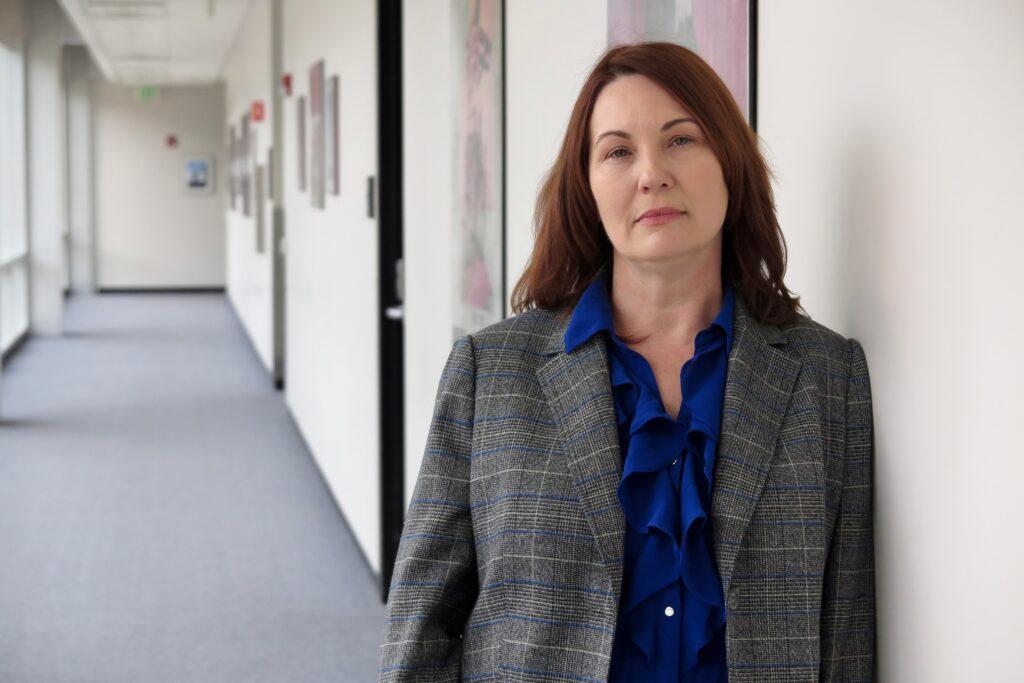
The nation’s military academies are each undergoing on-site evaluations by the defense department to assess how they each respond to sexual assault. These evaluations, which must be finished by the end of April, were ordered in the wake of new survey results showing a sharp rise in sexual assaults at the academies.
The release of the anonymous survey lands on an ignominious anniversary for the U.S. Air Force Academy in Colorado Springs. It was 20 years ago, in 2003, that the prestigious institution was embroiled in a sexual assault scandal that not only resulted in nationwide scrutiny around how officials respond to reports, but resulted in changes that rippled across the American military.
An email sent to military and congressional leaders and the press in January of that year alleged a longstanding pattern of academy leadership ignoring claims of sexual assault. The email, written under the pseudonym Renee Trindle, led to an investigation by the Office of the Inspector General that found that 12 percent of female cadets enrolled at the academy reported being victims of rape or attempted rape.
Rachel VanLandingham, today a law professor and president of the National Institute of Military Justice, was herself a cadet at the Air Force Academy in the late 1980s and early 90s. She described a culture of “complete misogyny” during her time there.
“So that was the significance, I think, of 2003, was that leaders got the wake-up call: ‘Maybe we actually have to do something instead of pretending that this is going to go away,’” she said.
VanLandingham called the scandal a watershed moment for sexual assault response by the Defense Department. It led to a change in leadership at the academy and calls for broad structural change across the entire military. Those resulted in the eventual establishment of Sexual Assault Prevention and Response, or SAPR, offices at every U.S. military installation in the world.

Rates not improving
Twenty years after the black mark left by the Air Force Academy’s sexual assault scandal, the problem only looks to be getting worse. In the Pentagon’s latest anonymous survey, 22 percent of female cadets and 4 percent of males said they were victims of unwanted sexual contact (anything from unwanted touching all the way up to rape) in the past year; both figures were record highs.
“Am I proud that I still have to work in this field? No,” said Sonja Strickland, manager of the Air Force Academy SAPR office. “I would love to one day say ‘I no longer have a job. I've had to move on to something else. We've tackled the issue of sexual violence.’ But, we haven't.”
Strickland’s office, which is in the process of doubling its size from 12 full-time staff members to 25, puts cadets through workshops covering everything from sexual consent to dating norms and healthy relationships. Cadets receive packets in the mail detailing policies on alcohol use, sexual harassment and mental health treatment long before they even first arrive on academy grounds.
New efforts to stop it
Starting a few years ago, a group of volunteer cadets began working with Strickland’s office to serve as peer liaisons for potential victims of assault, helping them navigate the daunting reporting process.
There are currently 96 of these “Teal Rope” cadets, named for the cord each wears looped around the left shoulder of their uniform.
Teal Rope cadet Jennifer Bahna said the members undergo regular training on how to best communicate with victims. Bahna said their role is to be a “first point of contact,” and to be someone of similar age willing to listen and to help.
“When they tell you [what happened], it is heartbreaking,” Bahna said. “I would be lying if I said I didn't cry when they cried.”
Separately from the Pentagon’s anonymous survey, the Air Force Academy also releases its own data on reported sexual assaults. In the 2020/2021 academic year, 55 people came forward to report it, up from 41 the previous academic year. Bahna said if the Teal Ropes earn more trust and more people are willing to come forward, that could be a sign of positive momentum.

“Those [55] people came forward and spoke their story and felt comfortable taking action, and that’s empowering,” Bahna said.
Other factors could be leading to more victims coming forward.
A 2020 rule change now allows cadets to report assaults without being cited themselves for misconduct, such as underage drinking.
However, VanLandingham points out the rise in sexual assaults from the recent anonymous survey still well outpaces the rise in formal reporting of assaults. She is advocating for advancement of efforts to move some major crimes by service members out of the military justice system.








